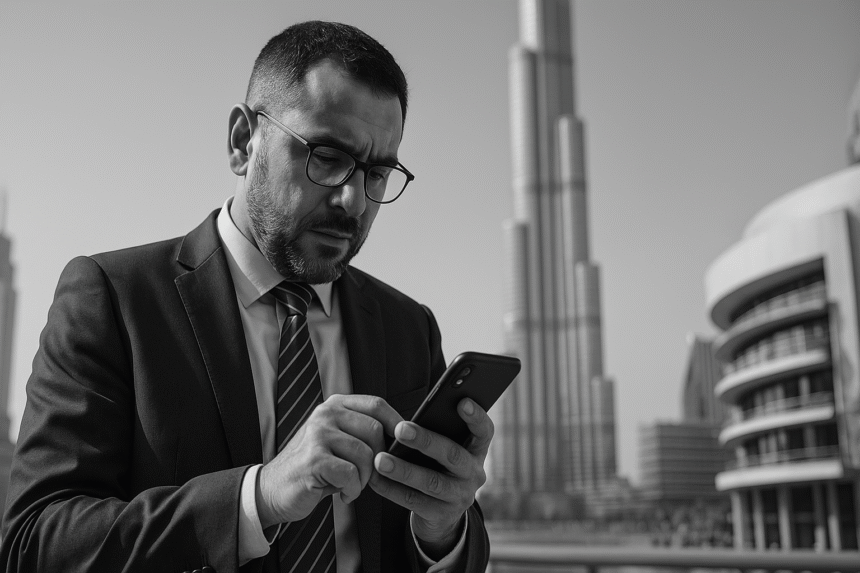“When a WhatsApp Message Becomes a Legal Contract: What Dubai’s Court Just Taught the World”A $400,000 loan. No signature. Just WhatsApp. A groundbreaking ruling by Dubai’s Court of Cassation reshapes digital evidence expectations in modern commercial law.
Introduction
“From ‘think before you speak’ to ‘think before you WhatsApp’.” That’s the line from Luca Castellani’s recent LinkedIn post that got the legal community talking. His post highlights a fascinating UAE court case where a USD 400,000 loan—backed solely by WhatsApp messages—was upheld as valid under the country’s evidence law. And while the decision is local, the implications ripple far beyond Dubai.
Background & Context:
Luca Castellani, a legal officer at the UNCITRAL Secretariat, shared insights on this decision from the Dubai Court of Cassation. At the heart of the matter was whether digital messages alone—without a formal written agreement—can serve as sufficient proof of a financial obligation. The court confirmed they could, relying on Federal Decree by Law No. (35) of 2022 (Law of Evidence in Civil and Commercial Transactions).
This case comes at a time when digital communication is often more prevalent than traditional documentation, especially in cross-border commerce, SME financing, and startup fundraising.
Main Takeaways / Observations:
Digital Messages as Valid Evidence
The Dubai court recognized that WhatsApp messages could constitute sufficient legal evidence in commercial disputes, so long as they meet requirements under the UAE’s evidence law.
UNCITRAL Roots Remain Relevant
Although the UAE has updated its electronic transactions framework with Federal Decree Law No. (46) of 2021, Castellani emphasized the continued importance of UNCITRAL standards, which influenced earlier laws like the 2006 Electronic Transactions Law.
Global Legal Convergence
Comments from lawyers like Tony Andriotis and Jonathan Koh note that while the decision is significant in civil law jurisdictions, similar logic can apply in common law systems—especially in cases where formalities like the Statute of Frauds don’t interfere.
Security and Authenticity Are Key
While the ruling favors flexibility, several commenters—like Razman Azrai Zainudin—cautioned about the vulnerability of platforms like WhatsApp, urging future-proof security standards in digital trade.
Community Reaction:
From corporate lawyers to digital policy consultants, reactions to Castellani’s post were swift and engaged:
-
Tony Andriotis noted that in places like New York, text-based agreements are often enforceable.
-
Jonathan Koh pointed out that in Singapore, WhatsApp messages can be admitted with the right evidentiary support.
-
Razman Azrai Zainudin raised critical concerns around cybersecurity and accountability.
-
Alice Kubova Bartkova summed it up: “Very important information.”
Our Perspective / Analysis:
For legal advisors and contract drafters, this case isn’t just a curiosity—it’s a clear signal that digital evidence must be considered in every commercial transaction strategy. Whether working with GCC clients or multinational tech firms, the threshold for “proof” is shifting.
It also adds weight to the inclusion of clauses that define acceptable forms of communication and dispute resolution in contracts, especially when clients operate in jurisdictions that follow UNCITRAL guidance.
Call to Reflection or Action (Closing):
If a WhatsApp message can secure a $400,000 loan, what does that mean for your next deal? More importantly, how are you ensuring your digital communications are legally robust—and secure?
Click here to visit LinkedIn post



Leave a Reply